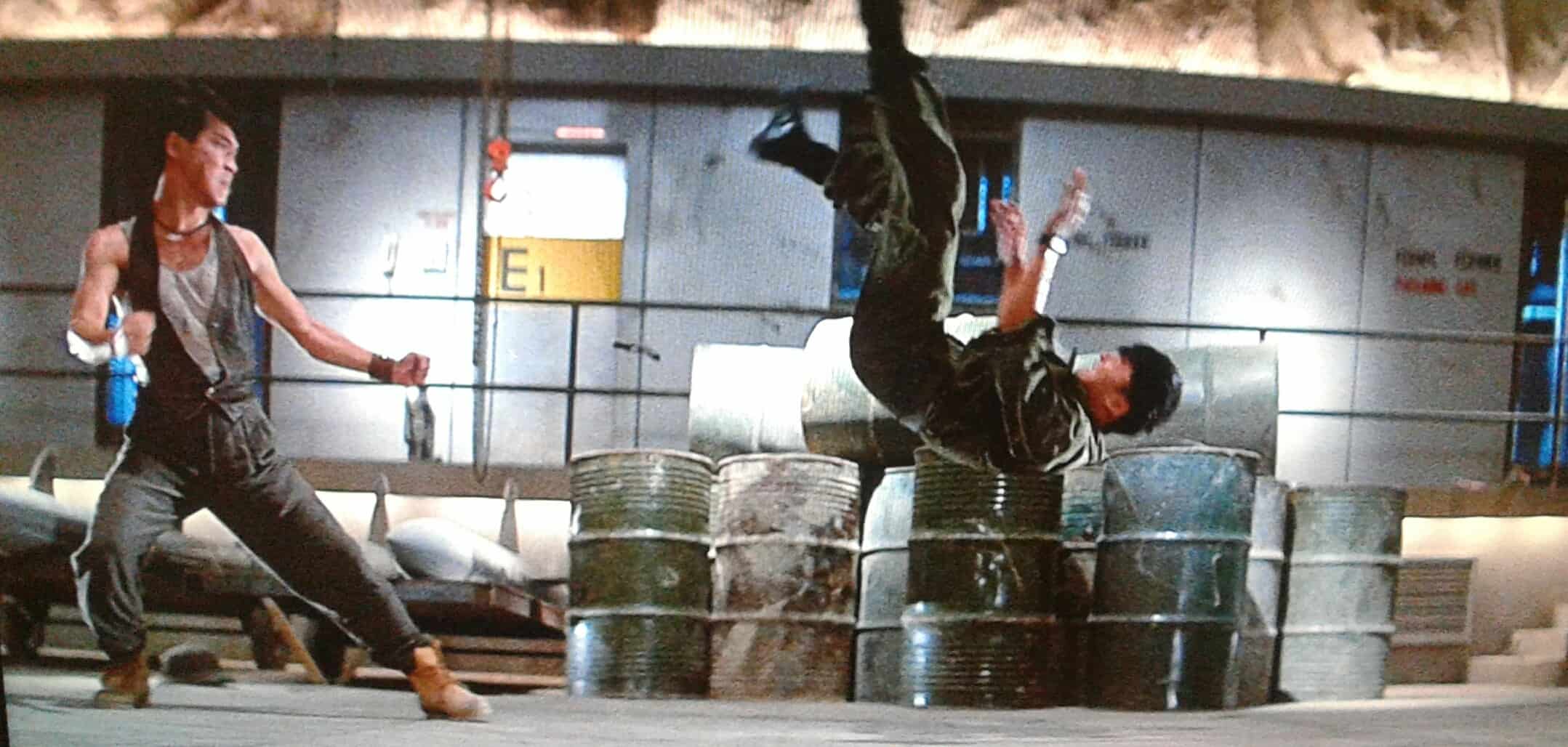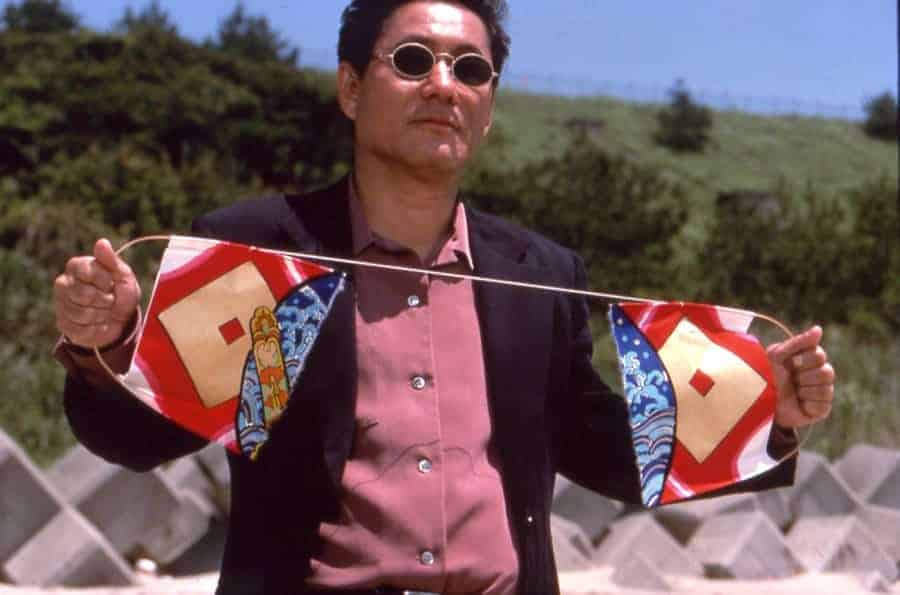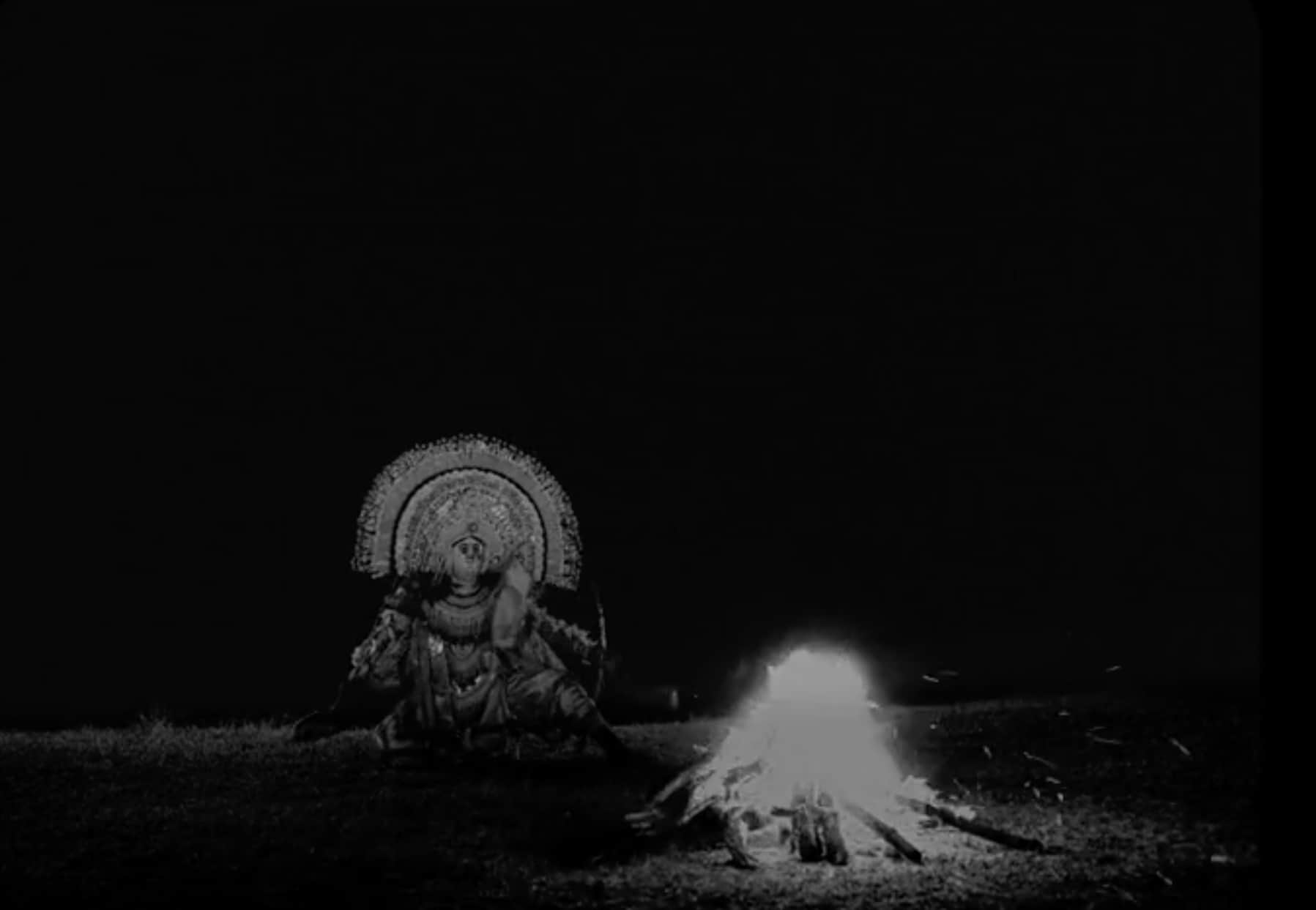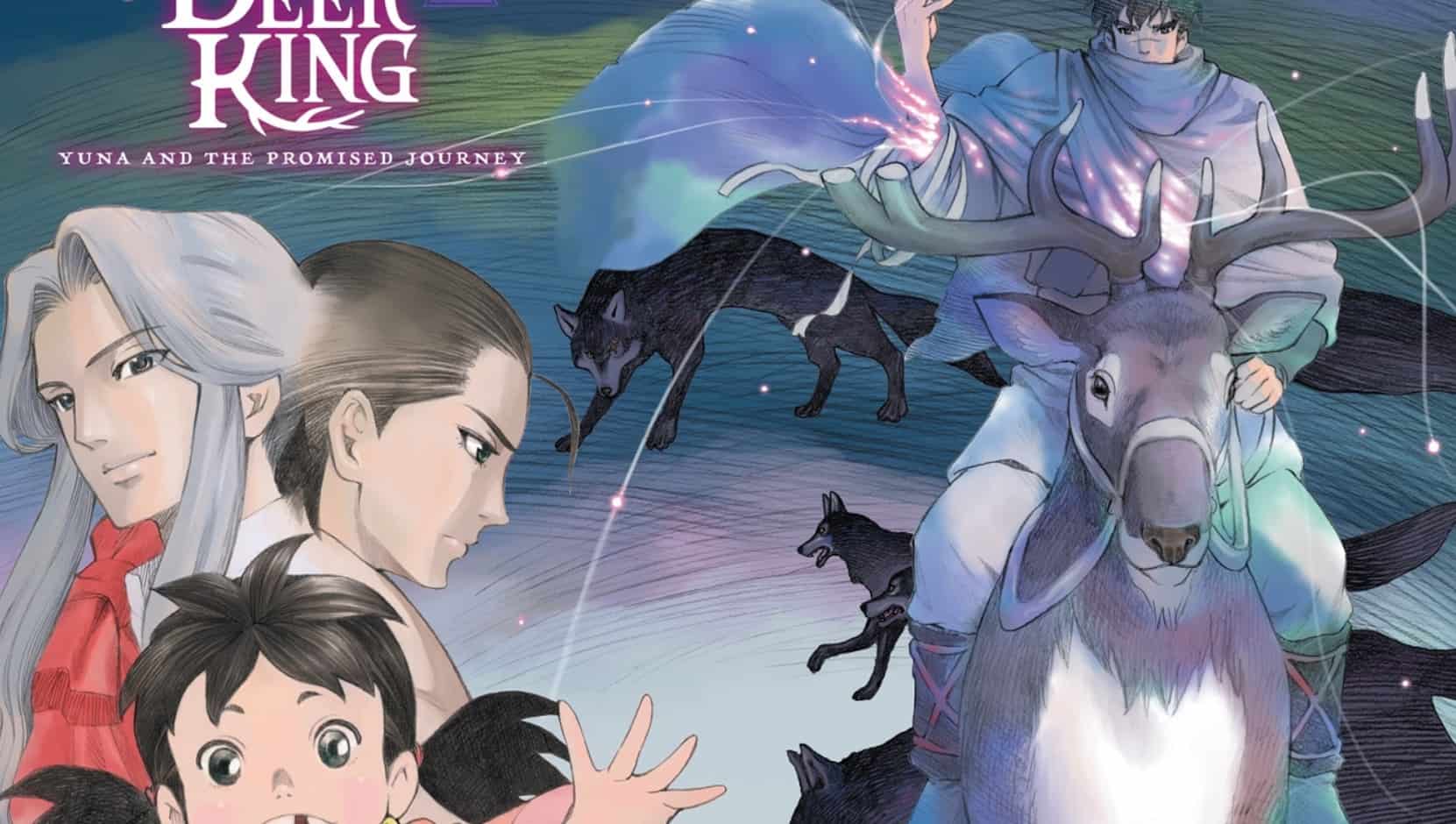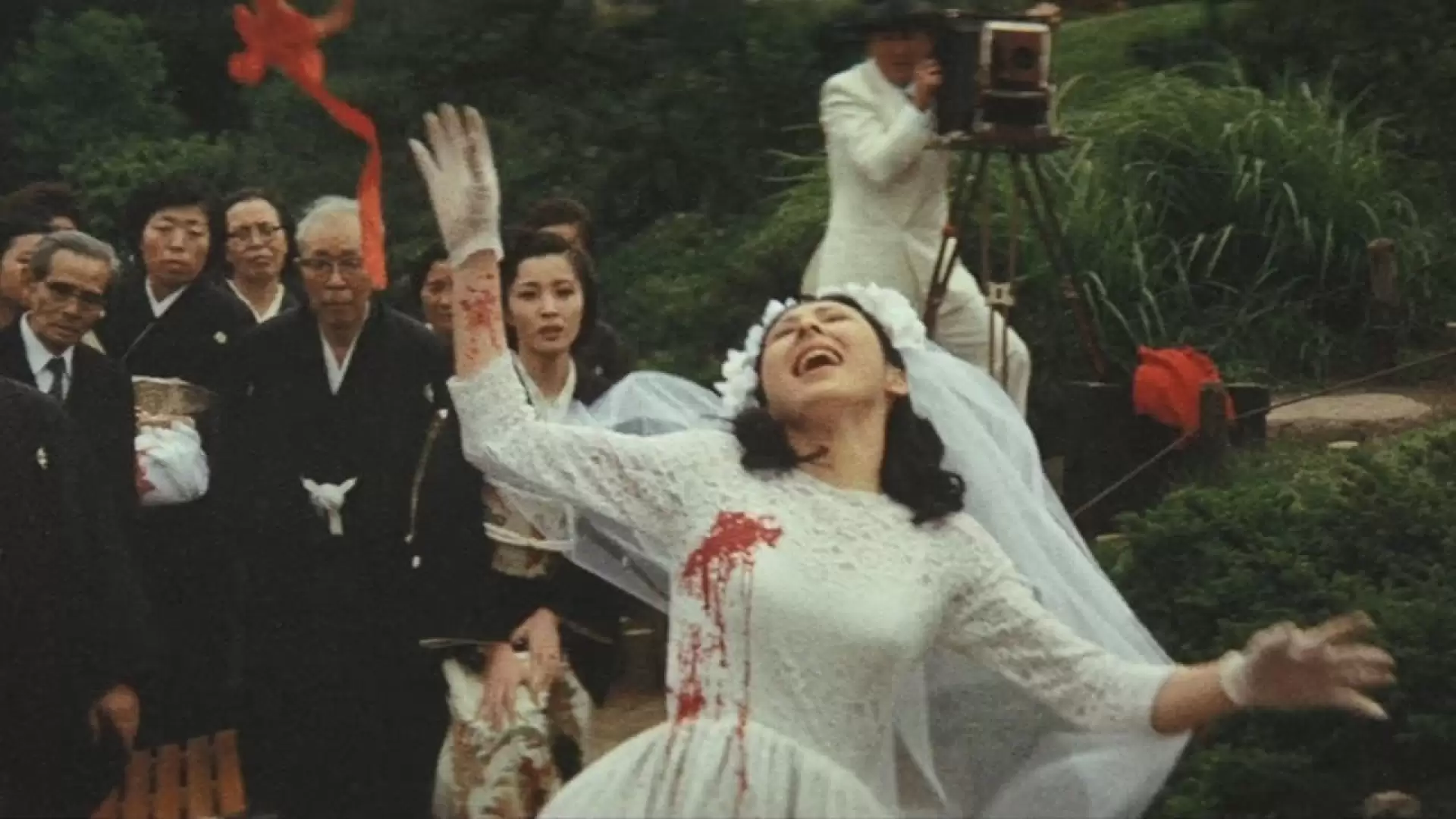Using allegory to portray political commentary has always been a powerful tool for artists, particularly during times when censorship could shut down whole works for even minor elements that did not comply with the guidelines. Very rarely though does a metaphor work so well as in Yi Munyol's “Our Twisted Hero” which uses a classroom to portray how dictatorship worked in Korea from the 1950s to the 1980s, and the reasons the brief democratic breaks during that period failed.
Buy This Title
The story is told by a man in his 40s, Han Byeong-tae, who recalls his memories of when he was attending the 5th and part of the 6th grade during the 50s. As the novel begins, Byeong-tae moves with his family from Seoul to a small town, following his father's relegation after an incident that is revealed later on. In there, he attends the local elementary, all-boys school, where he meets the class's monitor, Eom Seokdae, who, under the lazy lenience of the homeroom teacher, has established a system that has essentially deemed him the ultimate leader of the classroom. Every student in the class seems to obey Seokdae in all aspects, giving him their lunch, pocket money, even bringing him water during the breaks, essentially treating him as some sort of a king.
Byeong-tae initially has none of it, and all his efforts are focused on fighting the bully, who additionally, is the strongest student in the class and one of the strongest in the whole school, even overcoming older students. What is even more surprising to Byeong-tae, though, is that his grades are also the highest in the class. Soon, the boy realizes that his resistance has completely isolated him, with the other students treating him as a pariah, while his father's attitude whose bitterness forbids him from realizing his son's pain, eventually make him succumb to this higher power. The result is equally surprising for the protagonist, who finds himself receiving special treatment from Seokdae, and his previous status reinstated to an even higher one. However, when they reach the 6th grade, the appearance of a new homeroom teacher changes everything.
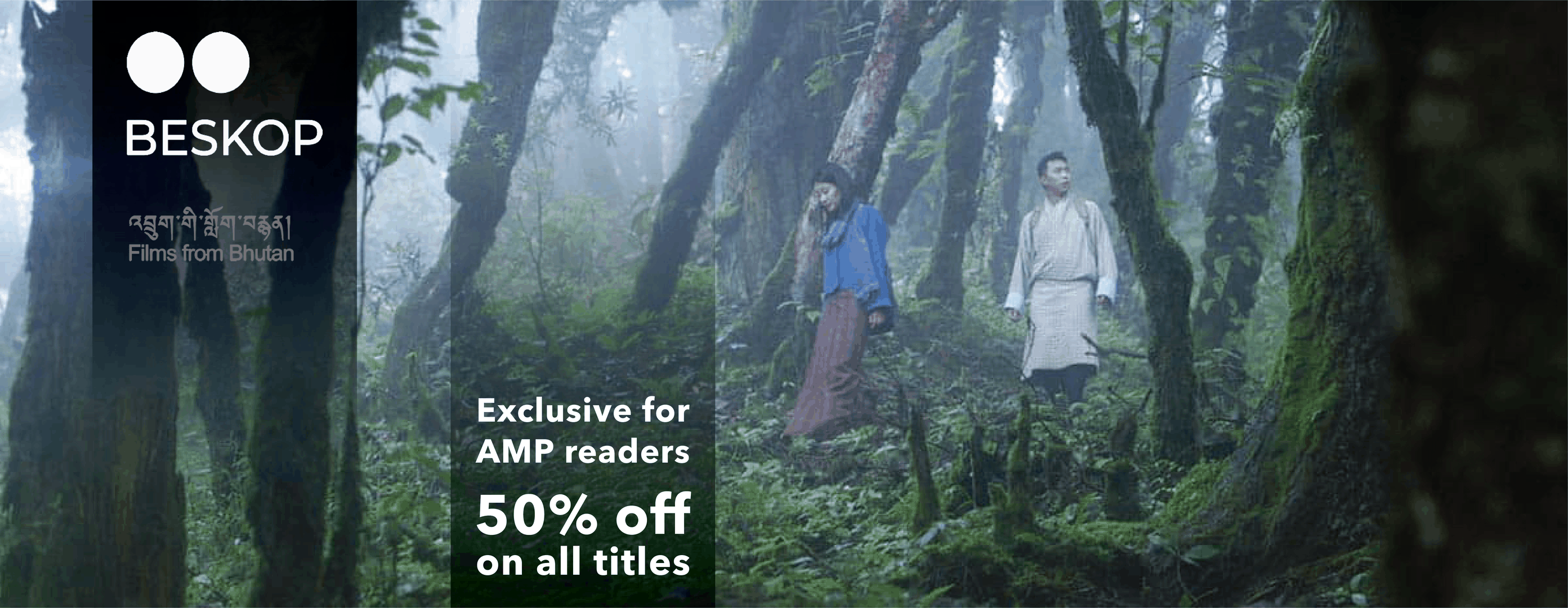
Yi Munyol may have written an allegory, but his metaphor regarding who represents what is quite clear. Om Sokdae is the embodiment of the dictatorial regimes of S. Korea, and Byeong-tae the powers of resistance that tried to overthrow them and failed. The way he goes on depicting both these concepts though is truly ingenious. The former rules with a combination of hard and soft power, which uses the fact that he is the biggest and strongest student in the classroom in order to establish fear on the rest of the students and rule through the potential consequences to any who does not bid his will. The fact that he does not rule through just brute power, which would eventually draw the attention of the teachers on his practices, but through the aforementioned setting of fear and through cunningness in the very few times Byeong-tae manages to somewhat put his on the spotlight with his teacher, is a testament to how dictatorships work. The same applies to Seokdae's behaviour after Byeong-tae succumbs to him, which is a perfect representation of the carrot and stick tactic.

The reaction, or more correctly, the lack of it from both the rest of the students and the homeroom teacher mirrors the attitude of the majority during such regimes, where most are either too afraid or too comfortable in their established status to react to what is happening. Byeong-tae's father represents another part of the population; those who have admitted defeat in their effort to grow within the regime, and are living bitter lives, without any kind of will to react, probably hoping that their subsequent good behaviour will miraculously reinstate them at some point.
After the actions of the new homeroom teacher however, who seems to represent the student and labor groups, whose April 19 student uprising led to the resignation of President Sungman Rhee, Yi Munyol's narrative begins to criticize the failed leadership of the government that succeeded the regime. In that fashion, the new structure the now “free” students establish is too complicated, too slow, and too eager to vote for everything, and essentially completely inefficient, inevitably leading to chaos, much like the real events that followed the aforementioned uprising. That some students start to look back with nostalgia to Seokdae's rule is another direct comment, also highlighting the fact that one of the reasons dictatorship stayed for so many years in the country is because it actually worked, in terms of economic growth and prevention of further war, much like Seokdae has deemed his classroom the best in the school.
Furthermore, that the new homeroom teacher uses intense violence to change things is a comment on how regimes are overthrown, which is definitely not with peaceful measures. Lastly, the last part of the novel, that has Byeong-tae in the present, signifies what happened to the country after democracy was established, and the way people look back at dictatorship, which always, though, lurks somewhere close.
In just 119 pages (Minumsa edition) , Yi Munyol manages to create a rather thorough portrait of dictatorship and its aftermath, in a novel though, that also works quite nicely as a non-allegoric story, benefitting the most by the author's simple, but captivating writing, which essentially deems the book a single-time read. That the narrative essentially unfolds as a single person's narration, but still manages to be enchanting, is a testament to Yi's authorial prowess, as much as the economy he exhibits throughout the book.
“Our Twisted Hero” is a great political novel, and a must-read for all fans of meaningful literature.



